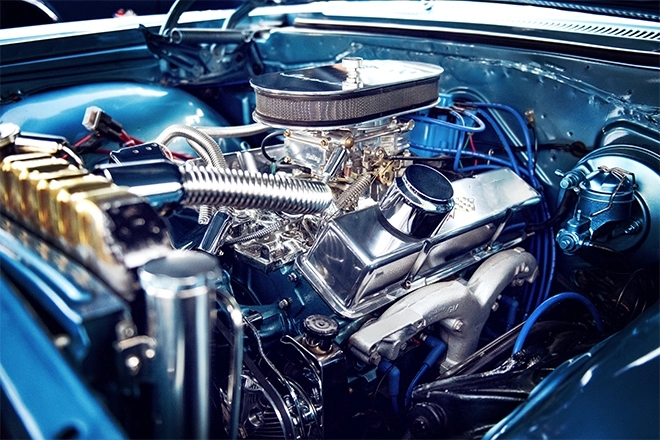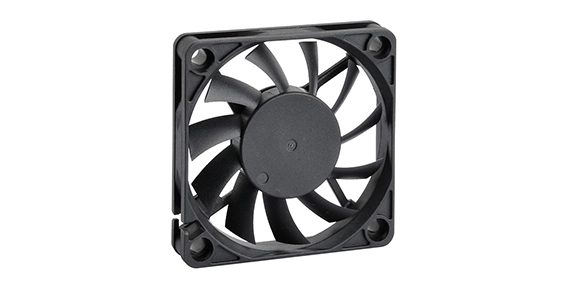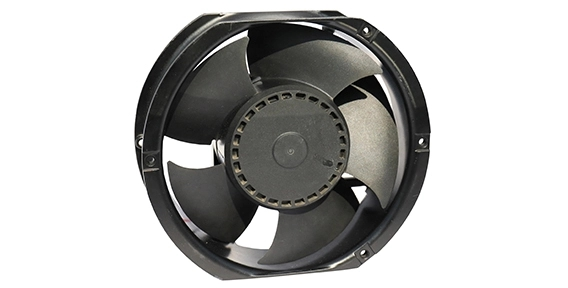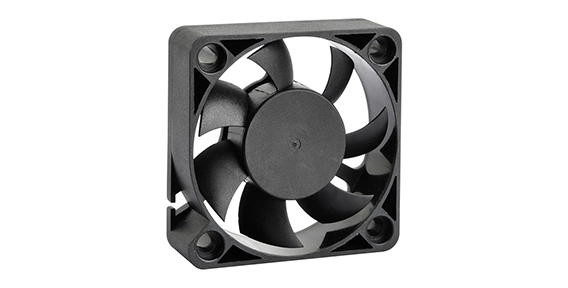Car engine fans are a crucial component of a vehicle's cooling system. They play a vital role in regulating the temperature of the engine, ensuring optimal performance and preventing overheating. However, like any mechanical part, car engine fans can encounter issues over time. In this article, we will explore the importance of car engine fans, their role in temperature regulation, innovations in fan technology, and tips for upgrading your car's engine fan for efficient cooling.
Understanding the Importance of Car Engine Fan
Automotive cooling fan is responsible for keeping the engine cool by circulating air through the radiator. They help dissipate heat generated by the engine during combustion, preventing it from reaching dangerous levels. Without a functioning engine fan, the engine can overheat, leading to potential damage and costly repairs.

Exploring the Role of Engine Fan in Temperature Regulation
The primary purpose of an engine fan is to maintain the engine at an optimal operating temperature. It achieves this by drawing cool air from the surroundings and directing it over the radiator, which cools the heated coolant. This process ensures that the engine remains within a safe temperature range, allowing it to perform at its best and preventing damage to critical components.
Innovations in Car Engine Fan Technology
With advancements in technology, car engine fan has evolved to become more efficient and reliable. One such innovation is the advent of electric fans. Unlike traditional belt-driven fans, electric fans are powered by electric motors, providing precise control over the cooling process. They can adjust their speed based on temperature needs, resulting in improved fuel efficiency and reduced strain on the engine.
Another innovation is the use of brushless motors in engine fans. Brushless motors offer increased durability, reduced noise levels, and improved energy efficiency compared to their brushed counterparts. These motors are also capable of running at variable speeds, further enhancing their cooling efficiency.

Upgrading Your Car Engine Fan for Efficient Cooling
If you are experiencing issues with your car's engine fan or looking to improve its cooling performance, upgrading to an aftermarket fan can be a wise choice. There are several factors to consider when selecting a new fan, such as size, airflow capacity, and noise level.
Opting for a high-performance fan with a larger diameter can enhance cooling efficiency, especially in demanding conditions or vehicles with increased power outputs. Additionally, choosing a fan with a higher airflow capacity ensures effective cooling even in extreme temperatures or when the engine is under heavy load.
Noise level is another crucial consideration. While engine fans are inherently noisy, selecting a fan with noise-reducing features can help minimize cabin noise and create a more comfortable driving experience.
Lastly, proper installation of the upgraded fan is essential to ensure optimal performance. It is recommended to consult with a professional mechanic or follow the manufacturer's instructions when installing the new engine fan.
In conclusion, car engine fans are vital for maintaining the optimal temperature of the engine. Understanding their importance, exploring their role in temperature regulation, and being aware of innovations in engine fan technology can help car owners deal with common fan issues and improve their vehicle's cooling efficiency. Upgrading to a more advanced engine fan can be a wise investment for better engine performance and longevity.

 EN
EN 

 +
+
 +
+
 +
+



